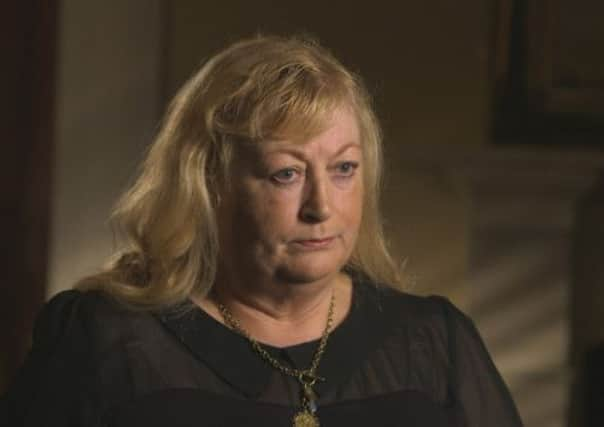Police investigation into army ‘execution’ squad


A spokesman said the force confirmed it would look at the BBC programme broadcast on Thursday night to see if a criminal investigation should be launched.
A short statement was issued by the police in response to a call from the Director of Prosecutions in Northern Ireland, Barra McGrory, who said the claims surrounding the Military Reaction Force (MRF) should be the subject of a PSNI inquiry.
Advertisement
Hide AdAdvertisement
Hide AdThe documentary carried interviews with apparent members of the short-lived MRF. In it, they claimed drive-by shootings were carried out on nationalists manning barricades 40 years ago, even though there was no independent evidence any were paramilitaries.
It was also suggested the elite soldiers believed military regulations prohibiting firing unless their lives were in immediate danger did not apply to them.
Earlier, Mr McGrory asked the PSNI chief constable Matt Baggott to examine the claims in BBC’s Panorama programme.
Mr McGrory said: “Former members of this unit appear to have claimed on camera that they considered themselves to have been authorised to operate outside the law of Northern Ireland.
“This raises the clear possibility, if not probability, that serious criminal offences were committed.
“Accordingly, I have asked the chief constable to initiate an investigation into the activities of this unit, to include the authority upon which the unit and its commanders acted.”
Amnesty International has already called for an inquiry into the allegations.
The former soldiers claimed in the programme that the unit had ultimately saved many lives because they had eliminated IRA killers.
Advertisement
Hide AdAdvertisement
Hide AdOne said: “We were not there to act like an army unit, we were there to act like a terror group.
“We were there in a position to go after IRA and kill them when we found them.”
The reaction force apparently had around 40 hand-picked men from across the army who addressed each other by first name and dispensed with ranks and identification tags.
They operated at the height of the Northern Ireland conflict early in the 1970s, when bombings and shootings by paramilitaries happened almost daily.
The army has a series of rules known as the Yellow Card, which guide when a soldier can open fire lawfully.
Generally, lethal force was only lawful when the lives of members of the security forces or others were in immediate danger.
According to Panorama, seven former members of the force believed the Yellow Card did not apply to them and one described it as a “fuzzy red line”, meaning they acted as they saw fit. Some said they would shoot unarmed targets, and told how they would drive by the barricades and open fire, even if they did not see anybody brandishing a gun.
Among those killed by the unit, in May 1972, was father-of-six Patrick McVeigh, 44, at a barricade in west Belfast.
Advertisement
Hide AdAdvertisement
Hide AdHis daughter Patricia said: “We want the truth. We don’t want to stop until we get the truth.”
More than 3,000 deaths are being investigated by detectives from the Historical Enquiries Team as part of the peace process.